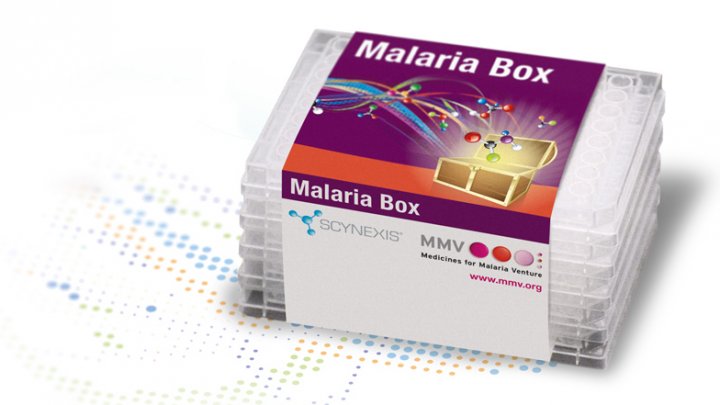

Open access "Malaria box" a success
Malaria Box
In an unprecedented and successful open-source drug discovery experiment, the Medicines for Malaria Venture (MMV) distilled over 25,000 active inhibitors (or "killers") of malaria into a group of 400 malaria-killing compounds, called the "Malaria Box". MMV distributed these compounds free-of-charge to research groups throughout the world. In return, researchers were asked to share any data generated to the public domain, creating an open and collaborative forum.
Dr. Wes Van Voorhis, head of the Division of Allergy & Infectious Diseases, took a sabbatical to lead this project. He reached out to all the groups that got the Malaria Box to see if they were ready to release the data and put it together in a paper describing all the activities of the malaria box compounds at once.
One-third of the labs (about 60 different labs on six different continents) reported their results in a paper published today in PLOS Pathogens.
“The trial was successful not only in identifying compounds to pursue for anti-malarials, but it also identified compounds to treat other parasites and cancer," said Van Voorhis.
This effort was so successful that MMV has started to distribute the Pathogen Box, a group of compounds active against neglected diseases. Neglected tropical diseases (NTDs) are a diverse group of infectious diseases found largely in tropical and subtropical countries which affect more than one billion people, costing developing economies billions of dollars every year. They mainly affect populations living in poverty and in close contact with infectious vectors, domestic animals and livestock.